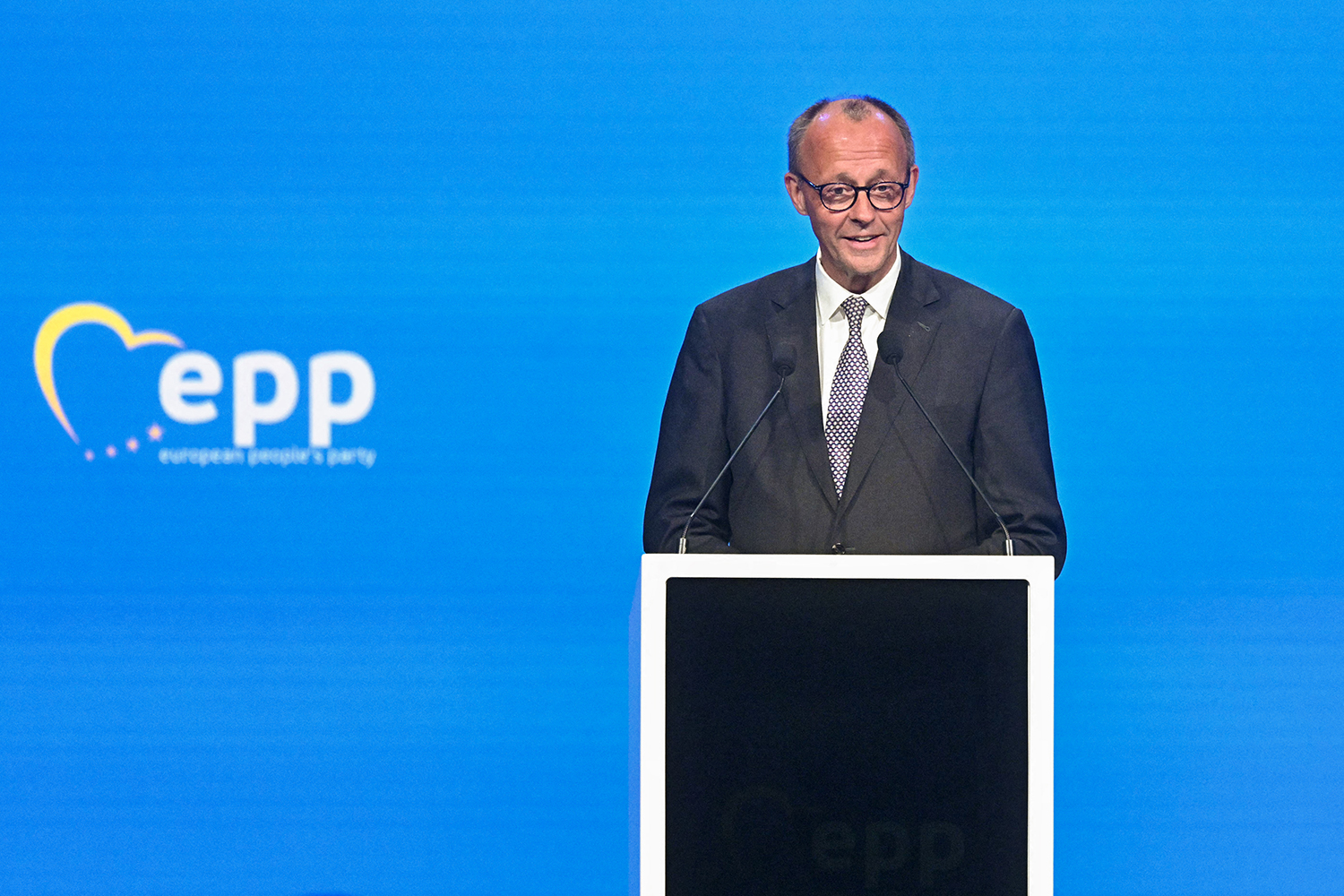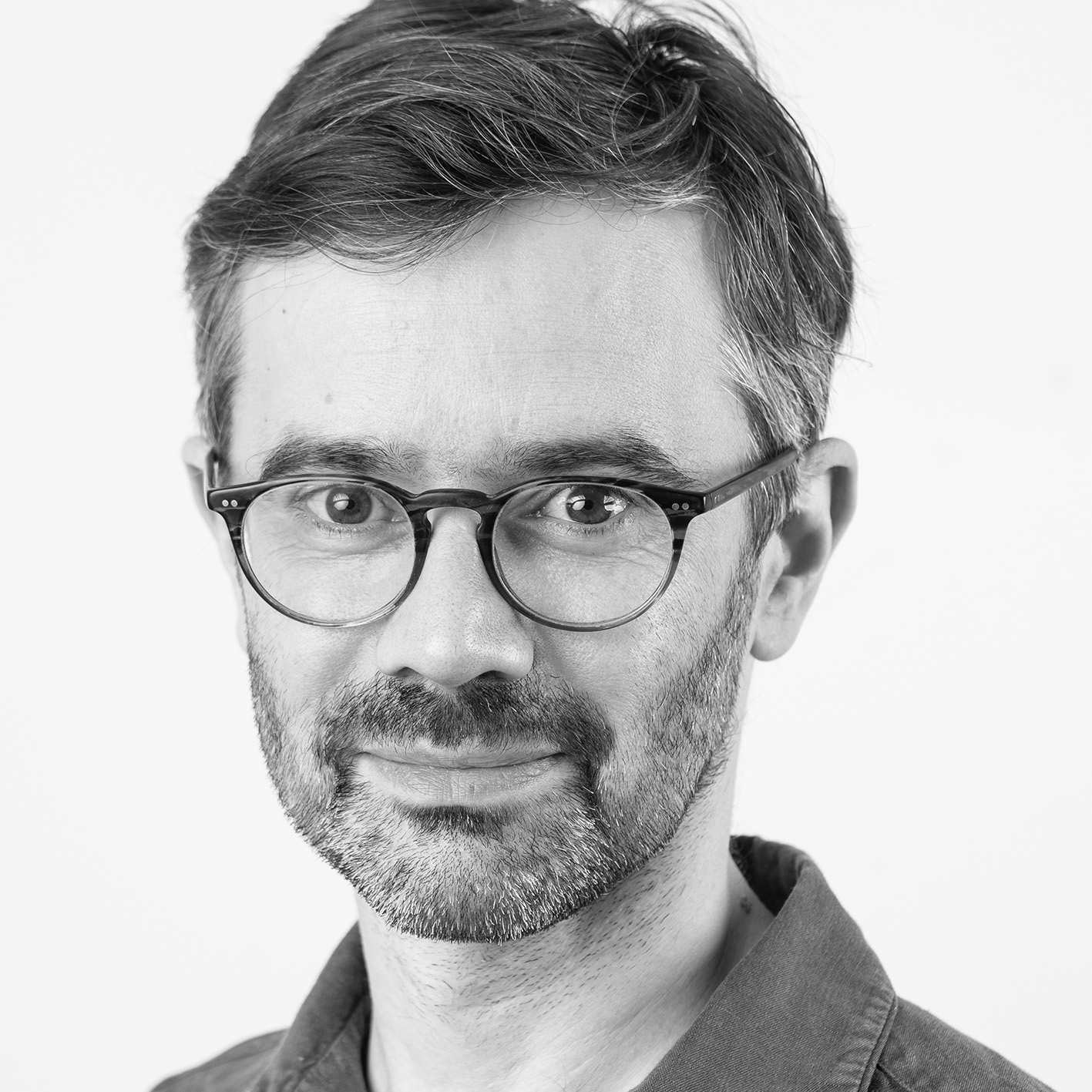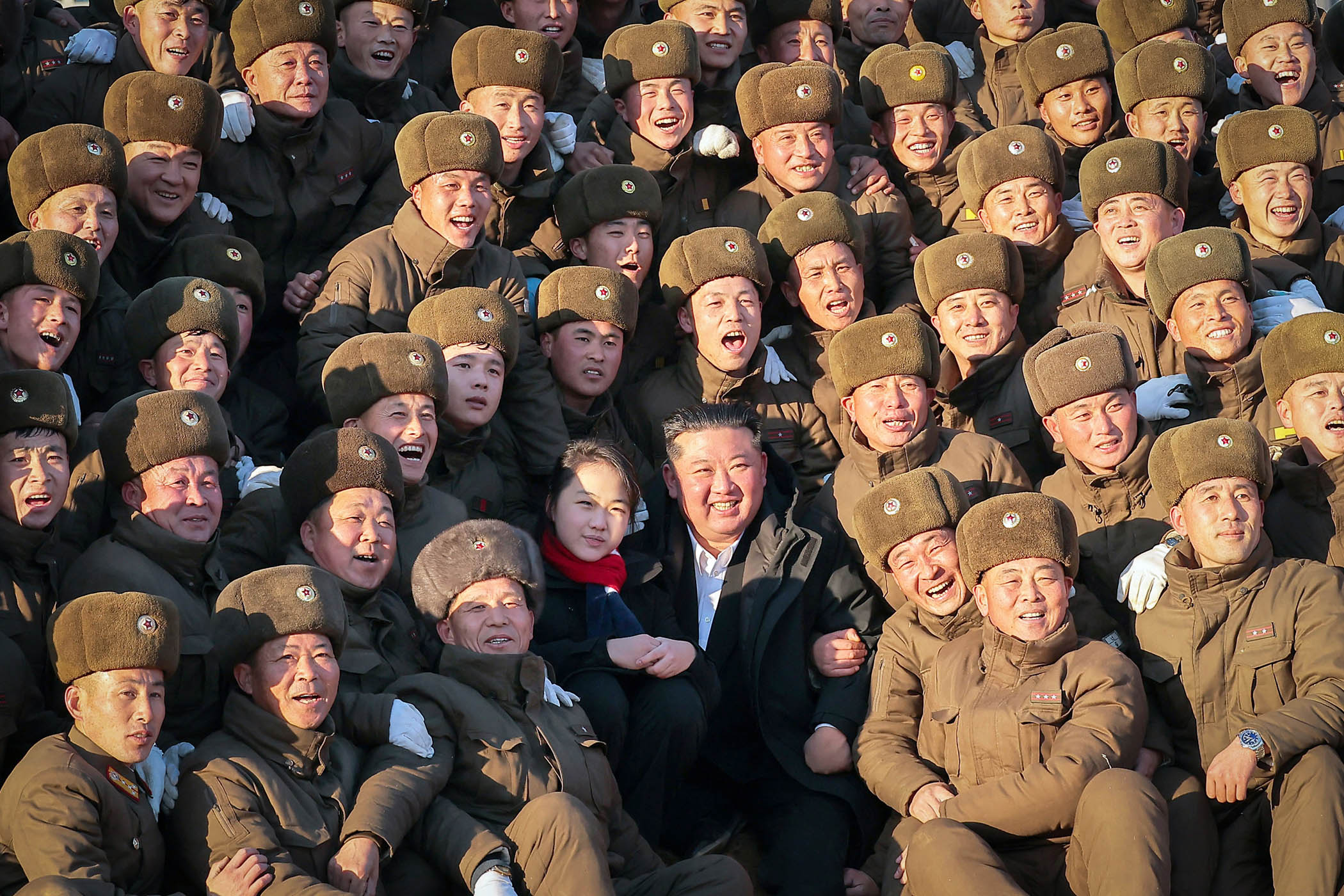On Tuesday morning, at a relatively low-key session of the Bundestag, the new leader of Europe will be sworn in. Technically, Friedrich Merz will merely become Germany’s 10th postwar chancellor. But at a moment when a divided and panicked Europe is trying to work out its role in a world where it can no longer rely on the US, there is a hope – even from those traditionally wary of German power – that the leader of the rightwing Christian Democrats can fill a void.
“People have missed German leadership,” says Mark Leonard, director of the European Council on Foreign Relations. Germany under Merz, “has real potential to bring the EU together”.
Most importantly, Merz appears to understand that the world has changed, and therefore Europe needs to change with it. Merz is an arch-Atlanticist, but on the night of his election in February he made clear that a Donald Trump-led America is no longer Europe's ally.
“My absolute priority will be to strengthen Europe as quickly as possible so that, step by step, we can really achieve independence from the USA,” he said. “I never thought I would have to say something like this... But it is clear that the Americans… are largely indifferent to the fate of Europe.”
While Emmanuel Macron and Keir Starmer are stuck in a self-made bind, talking vaguely about a changing world while also trying desperately to stay on Trump’s good side, Merz has embraced his inner Carney. And that, right now, is what Europe needs.
The idea of a genuine EU leader – someone who, as David Miliband once put it, will stop traffic in Beijing – has rarely materialised. It’s certainly not something that can be said of the EU’s current three presidents, Ursula von der Leyen, Antonio Costa or Roberta Metsola (who, as we all know without Googling, is a Maltese MEP who serves as president of the parliament).
Instead, the de facto role has fallen to a charismatic or well-respected national leader from a powerful member state who, at the time, appears to speak for a continent of 500 million. In the late 1990s, a case could be made for Tony Blair, but Britain’s endless debate about whether it should even be in the EU ultimately scuppered his hopes of leading it. Angela Merkel had the role foisted on her in the mid 2010s, particularly in the early days of Trump 1.0, though as any Greek will tell you, her leadership was not universally welcomed.
Macron sought the crown during his first term making grand speeches about the need to reshape and modernise Europe. He was also more aware than other European leaders of the need to create new defence structures, famously describing Nato as “brain dead”. Not that it did him any good. Merkel was dismissive of her younger counterpart and reportedly told him after the Nato comment she was “tired of picking up the pieces”.
Today, a partial case can be made for Donald Tusk, prime minister of an increasingly powerful Poland and an ex-president of the European Council to boot – but while the centre of gravity in the EU has shifted east, there is a question over whether a Polish PM is strong enough to be seen as the continent’s spiritual leader. All of which leaves a space for Merz.
Hans Kundnani, author of The Paradox of German Power, is less convinced. “I don’t buy the idea that Europe is getting a new leader.” In fact, he says, it’s the last thing it needs. “No one wants German leadership, they want German followship. The Poles and the Balts want Germany to do what they’ve already decided should happen.”
Newsletters
Choose the newsletters you want to receive
View more
For information about how The Observer protects your data, read our Privacy Policy
He’s also sceptical that Merz’s shift away from the US will make the leap from rhetorical to real. “Merz will end up in the same place as Starmer – up to the point when the US says the security guarantee is over you have to do everything you can do to hold it together. When there is no short-term alternative, it would be reckless and irresponsible to say screw the US. I don’t think Merz is going to do that.”
Merz may end up facing the same problems as Macron – grand statements on the European stage undermined by problems at home. Merz is, after all, leading a coalition and only won 28.5% of the vote. The German economy is weak, and that’s before Trump’s tariffs bite. Migration and demographic shifts have fundamentally changed German politics over the past decade and the far-right Alternative fur Deutschland (AfD) was leading in the most recent opinion polls.
But for now, there is a moment. Trump views Europe as America's adversary. Vladimir Putin views Europe as Russia’s enemy. Someone who understands that – and can prepare the continent for the coming turmoil – deserves the title of Europe’s leader.



